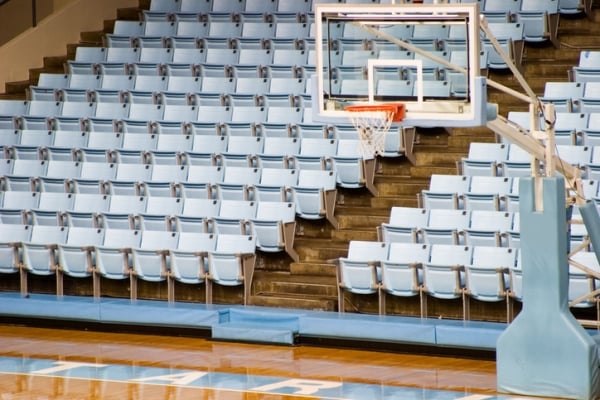The National Collegiate Athletic Association (NCAA) has long been regarded as the governing body of collegiate sports in the United States. With over 1,100 member institutions and more than 460,000 student-athletes, the NCAA plays a significant role in shaping the landscape of collegiate athletics.
However, in recent years, the NCAA has faced criticism and scrutiny for various issues that have plagued the organization. From controversial rules and regulations to allegations of misconduct and exploitation of student-athletes, the NCAA has come under fire for its handling of important issues within collegiate sports.
One of the most pressing issues facing the NCAA is the ongoing debate over the compensation and rights of student-athletes. Many critics argue that student-athletes should be able to profit from their own likeness and image rights, just like any other student or individual would be able to do. The NCAA’s current rules prevent student-athletes from receiving compensation for their athletic abilities, which has sparked a national conversation on the topic of amateurism in collegiate sports.
Another issue that has plagued the NCAA is the lack of consistency and transparency in its disciplinary process. Critics argue that the NCAA often hands down inconsistent penalties for violations of its rules, leading to frustration and confusion among member institutions and fans alike. Additionally, there have been accusations of favoritism and bias in the NCAA’s decision-making process, further eroding trust in the organization.
In response to these criticisms, the NCAA has made efforts to reform and improve its practices. One such initiative is the “NCAA, Heal Thyself” campaign, which aims to address the issues facing the organization and restore trust and credibility in collegiate athletics. The campaign emphasizes the importance of transparency, fairness, and accountability in the NCAA’s decision-making processes, as well as a commitment to upholding the values of integrity and sportsmanship.
In order to truly heal itself, the NCAA must listen to the voices of student-athletes, coaches, administrators, and fans, and work towards implementing meaningful reforms that address the root causes of these issues. This may include revising its rules and regulations to provide more rights and protections for student-athletes, as well as improving its disciplinary process to ensure consistency and fairness.
Ultimately, the NCAA has a responsibility to uphold the integrity of collegiate athletics and prioritize the well-being of its student-athletes. By taking proactive steps to address these issues and implement meaningful reforms, the NCAA can heal itself and regain the trust and confidence of all those who are invested in collegiate sports.



